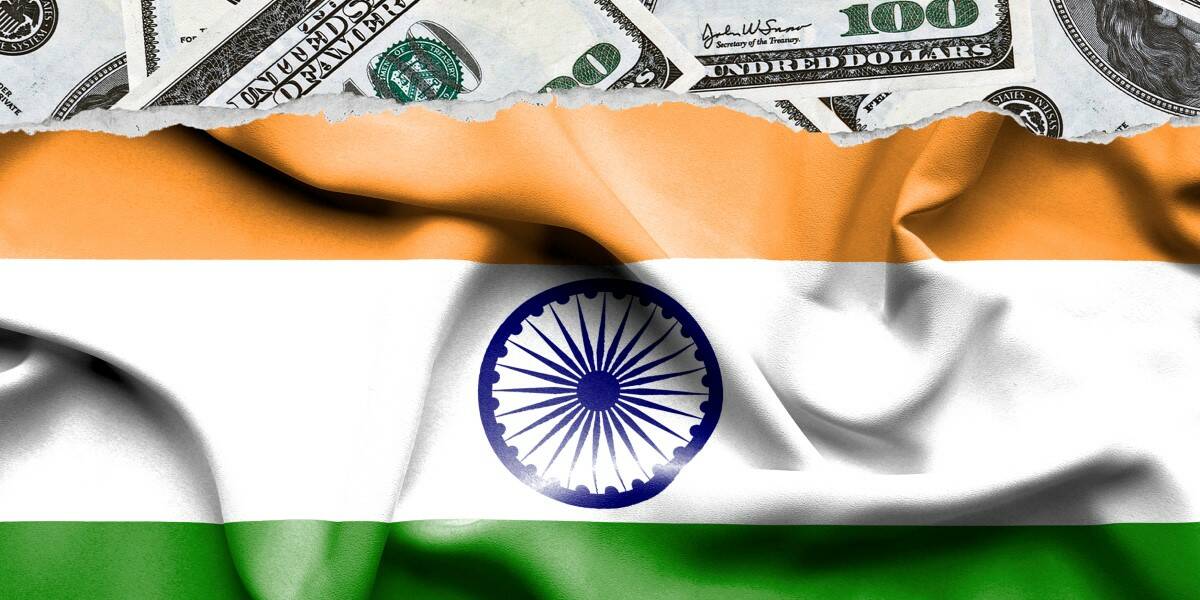Flirting Hard With India Doesn't Mean US Is Breaking Up With China

The US's moves to secure closer trade ties with India do not indicate a desire to decouple with China's tech industry, US secretary of commerce Gina Raimondo said last week.
The US and India have signed a memorandum of understanding (MOU) focused on semiconductors and supply chain resiliency. Raimondo led a ten-CEO delegation to the subcontinent to explore expanded business opportunities.
"The United States would like to see India achieve its aspirations to play a larger role in the electronic supply chain and the MOU that we signed is designed to help achieve that goal," enthused [VIDEO] Raimondo during a press conference in Delhi last Friday.
"We see India as a trusted technology partner and we want to continue to deepen our technological relationship," she said, adding: "I want to be clear the United States does not seek to decouple from China nor does it seek a technological decoupling from China."
Raimondo clarified that technologies used for military technologies were the targets of export controls – not "the vast majority of trade with China." Most Sino-American trade, she explained, involves "benign products."
"This isn't about decoupling. What it is about though is being eyes wide open to the fact that China is explicitly trying to to get access to American technology for use in its military and we need to protect ourselves and our allies and partners from that happening," declared the commerce secretary.
- India floats idea of dedicated tribunal to handle online offences
- China bins its COVID tracking app
- Foxconn expands Vietnam factories, perhaps to help Apple diversify beyond China
- India wants to quadruple electronics biz in just four years
She called India's desire to expand advanced manufacturing and its role in global supply chains "totally aligned with the United States' desire and goal to make [its] supply chain more resilient."
India has an ambitious plan to quadruple its electronics industry between 2022 and 2026.
The plan comes at an opportune time, as many manufacturers seek to reduce their reliance on China. The COVID-19 pandemic was one reason for that shift, as long lockdowns in China left businesses that depend on the nation for the bulk of their needs exposed. Others are concerned that US sanctions complicate working in the Middle Kingdom.
The likes of India and Vietnam are happily offering themselves as alternatives.
Those offers appear to be working: India's minister of commerce and industry, Piyush Goyal, revealed in January that Apple has sought to grow its activities in India substantially.
Raimondo suggested more such news could follow. "We are making a number of announcements on behalf of US companies making very sizable investments in India. I can also tell you that I think you will see an increased drum beat of those announcements." ®
From Chip War To Cloud War: The Next Frontier In Global Tech Competition
The global chip war, characterized by intense competition among nations and corporations for supremacy in semiconductor ... Read more
The High Stakes Of Tech Regulation: Security Risks And Market Dynamics
The influence of tech giants in the global economy continues to grow, raising crucial questions about how to balance sec... Read more
The Tyranny Of Instagram Interiors: Why It's Time To Break Free From Algorithm-Driven Aesthetics
Instagram has become a dominant force in shaping interior design trends, offering a seemingly endless stream of inspirat... Read more
The Data Crunch In AI: Strategies For Sustainability
Exploring solutions to the imminent exhaustion of internet data for AI training.As the artificial intelligence (AI) indu... Read more
Google Abandons Four-Year Effort To Remove Cookies From Chrome Browser
After four years of dedicated effort, Google has decided to abandon its plan to remove third-party cookies from its Chro... Read more
LinkedIn Embraces AI And Gamification To Drive User Engagement And Revenue
In an effort to tackle slowing revenue growth and enhance user engagement, LinkedIn is turning to artificial intelligenc... Read more

